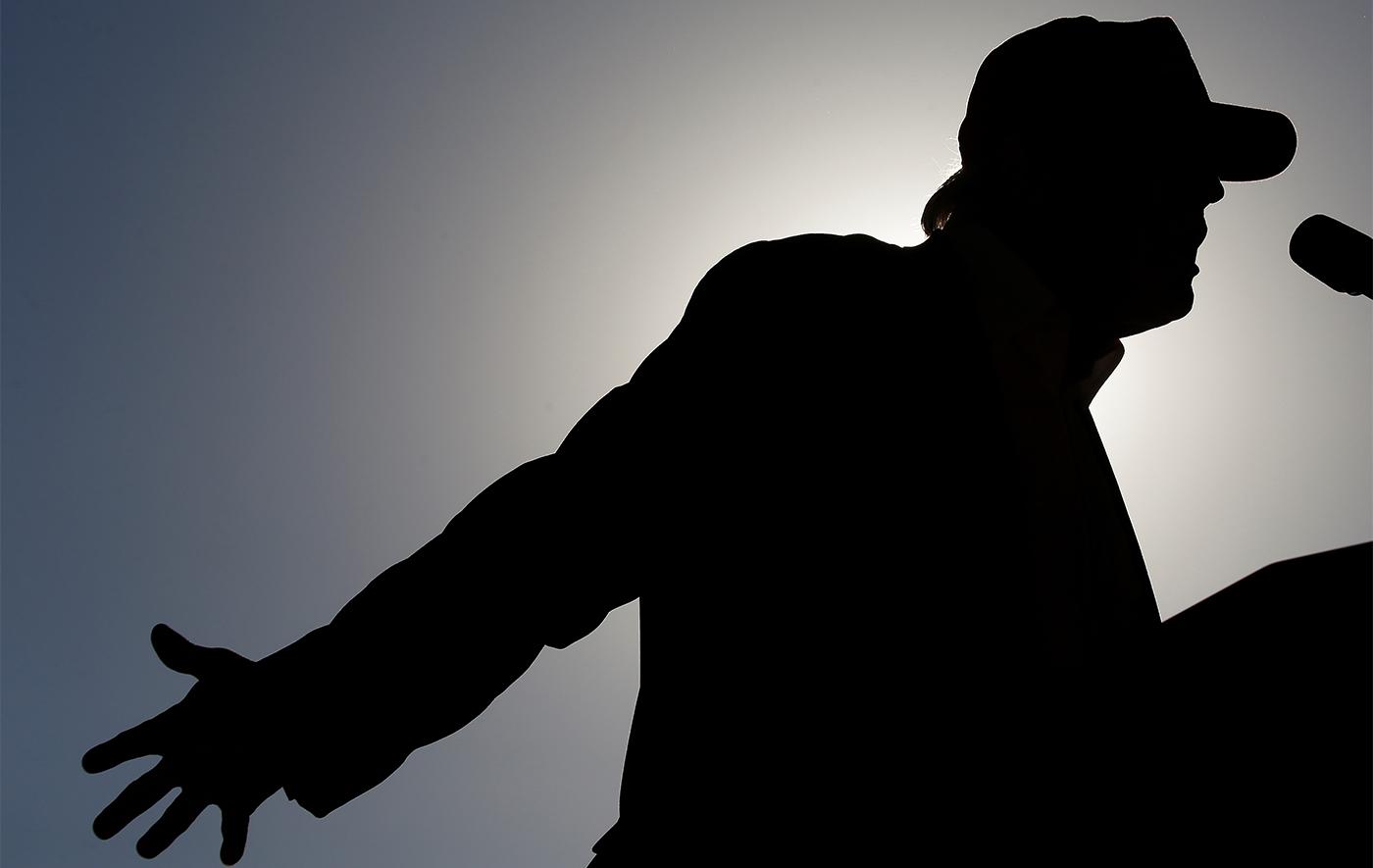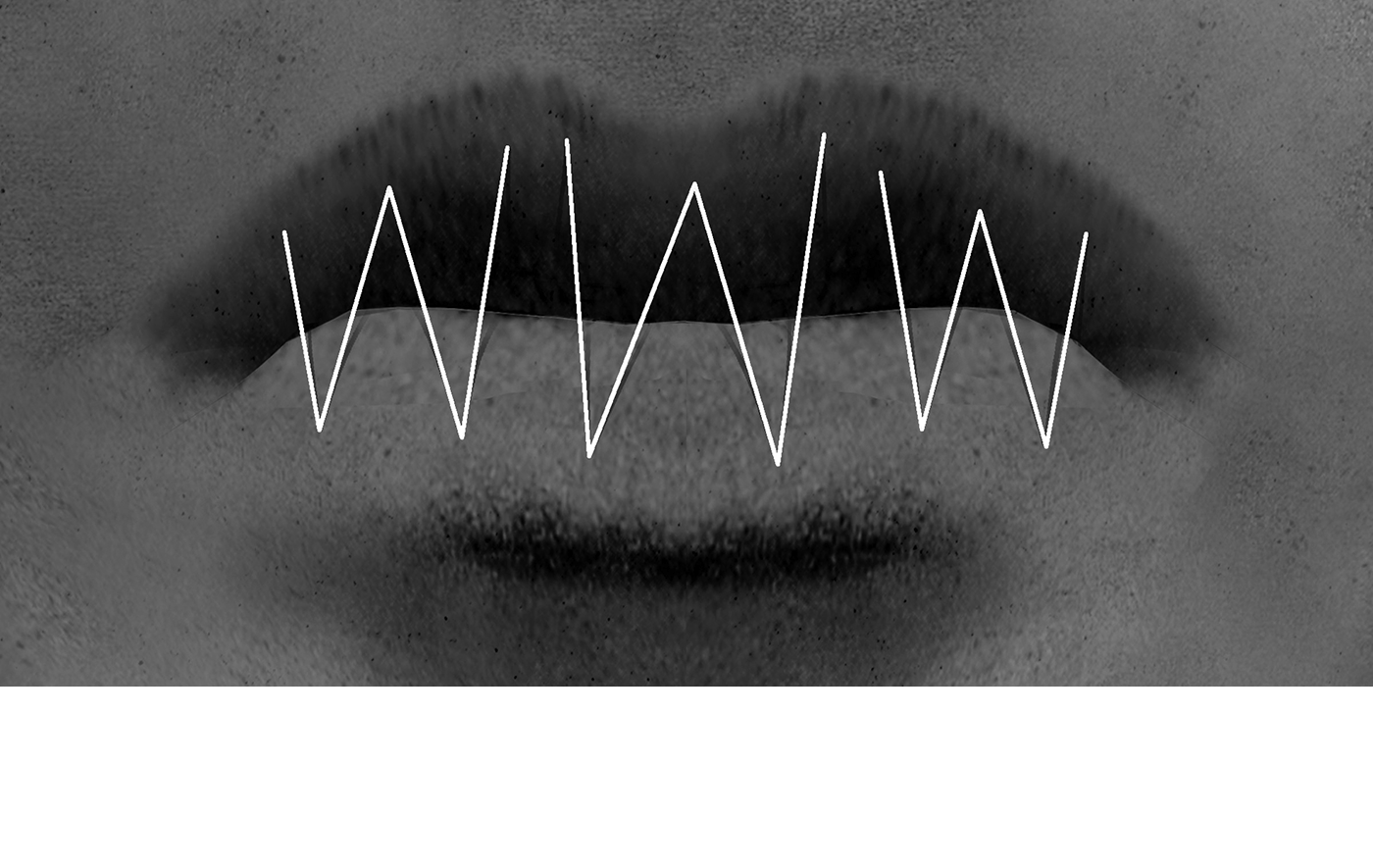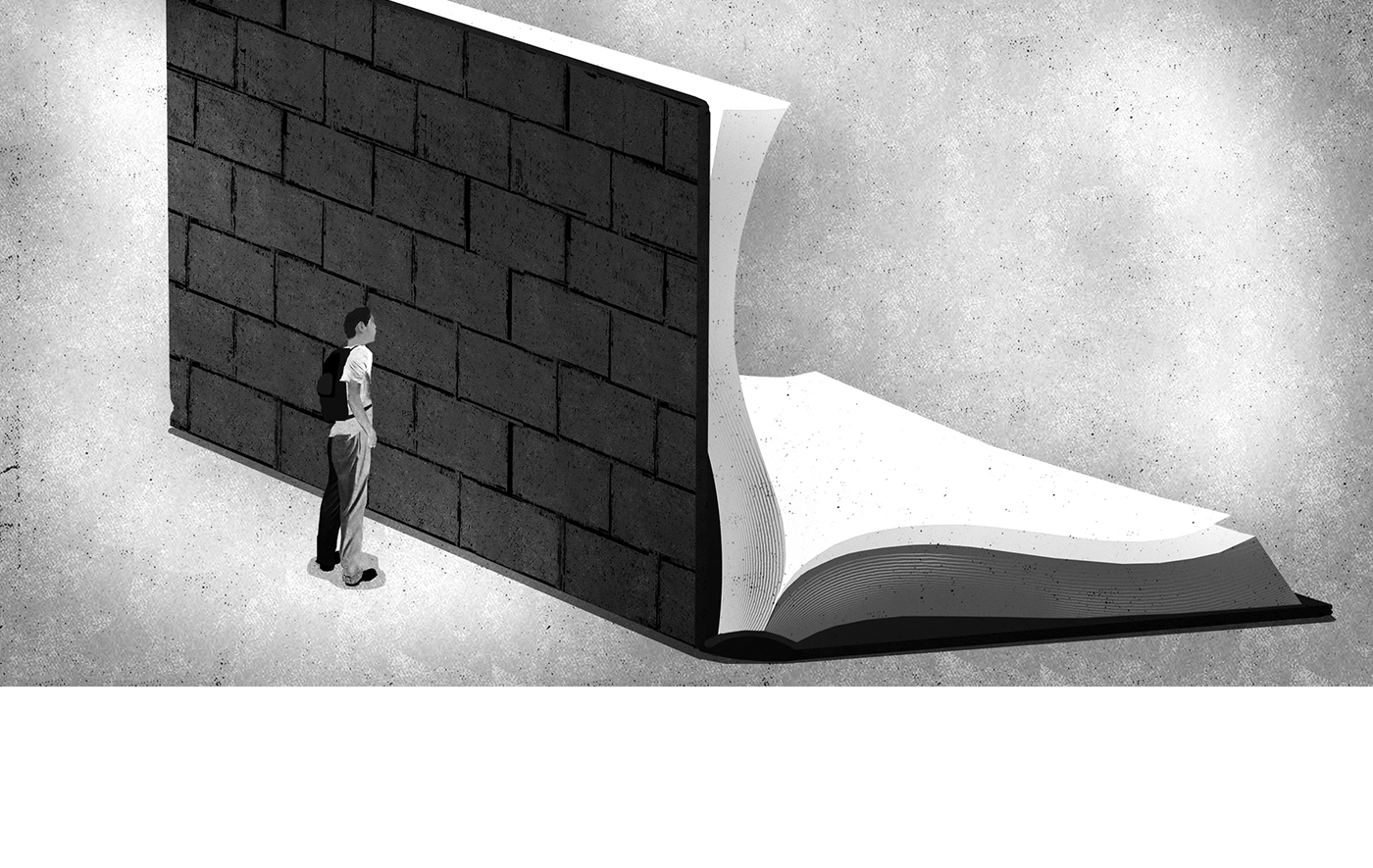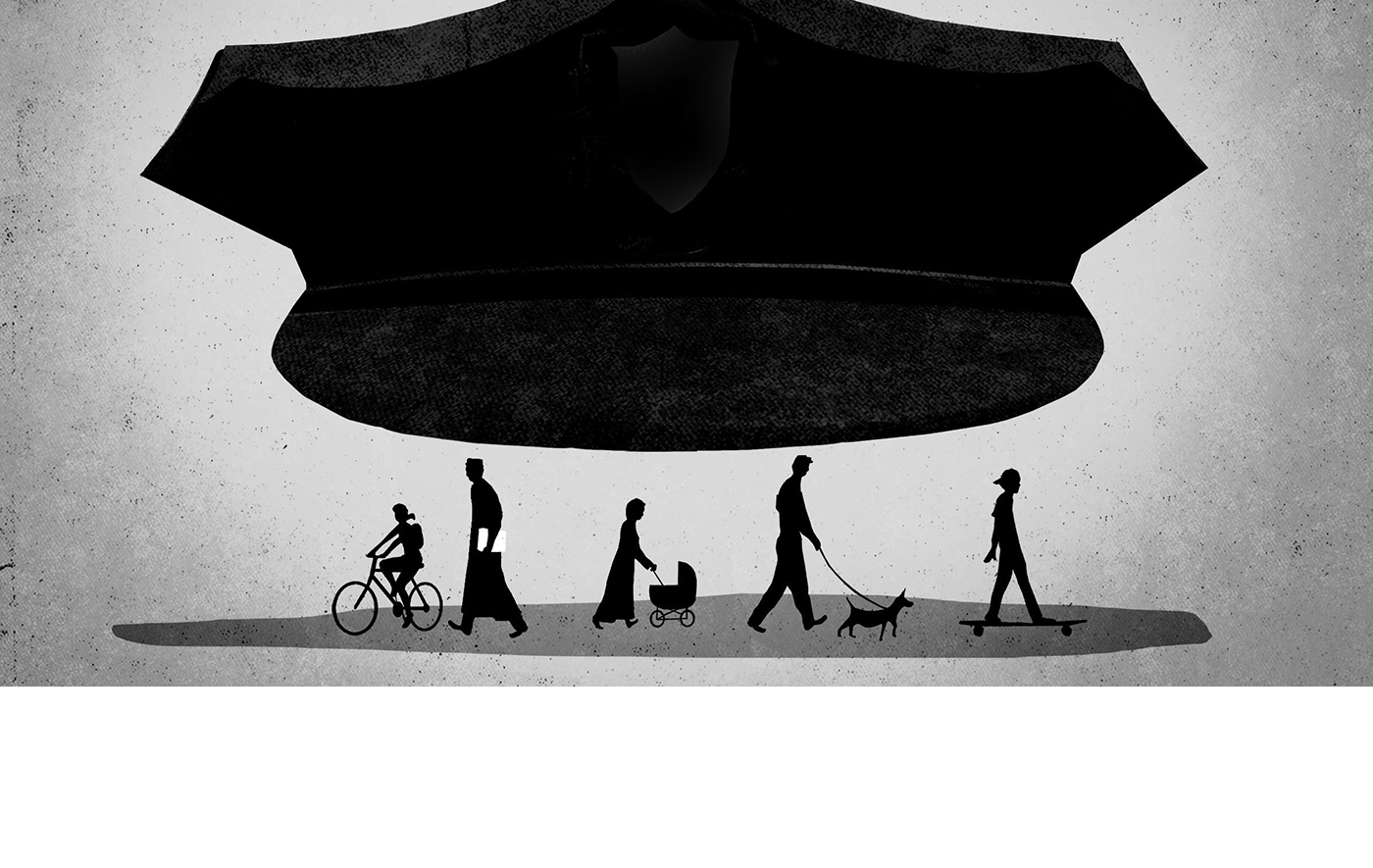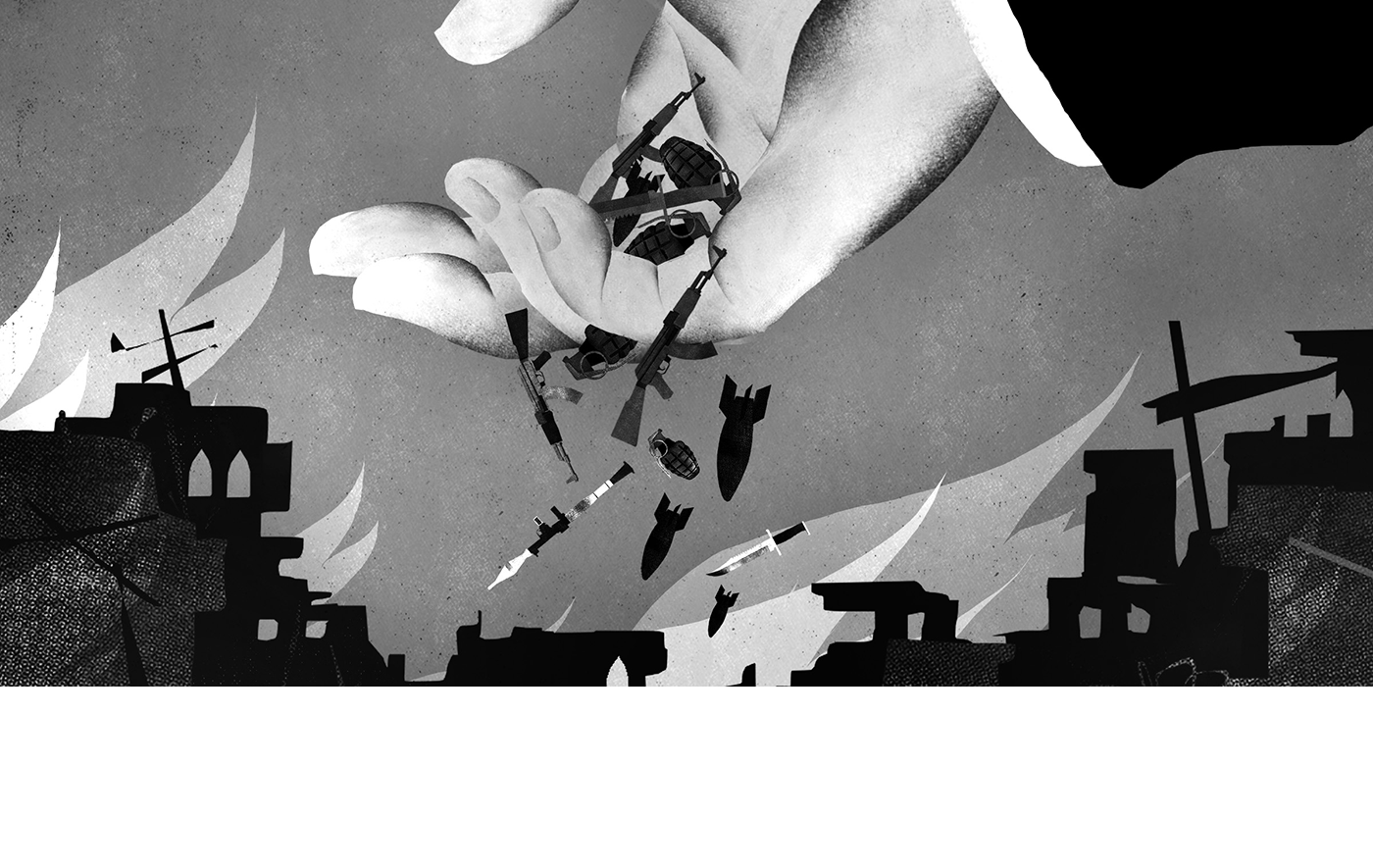Fewer than 500 people claimed asylum in Croatia in the first nine months of 2016. Thirty-four were granted some form of protection during the same period. Restrictions on the Western Balkan migration route reduced the number of arrivals. Croatia continues to push back asylum seekers and migrants who attempt to enter via Serbia.
While the government made some progress in providing housing to the small number of people from outside the Western Balkans who were granted protection, asylum seekers and refugees from outside the region continue to face difficulties in accessing education and employment. Unaccompanied migrant and asylum seeking children continue to be placed in residential institutions, including homes for children with behavior problems, without adequate guardianship or access to education.
People with disabilities continue to face exclusion and discrimination, including barriers that prevent them from participating in society on an equal basis with others. The guardianship system denies around 18,000 people with disabilities the right to make a range of decisions about their lives.
In February, the European Court of Human Rights (ECtHR) ruled that Croatia discriminated on grounds of sexual orientation against a woman from Bosnia and Herzegovina, by denying her the right to a residence permit in Croatia to join her female partner.
In April, Council of Europe Commissioner for Human Rights Muižnieks raised concerns at the reported rise in discrimination, ethnic intolerance, and hate speech targeting members of minorities, in particular Jews, Roma, and Serbs. The commissioner also warned against the inadequate state response to physical attacks, death threats, and intimidation against journalists.
As of August 2016, more than 2,800 persons, most of them Roma, remain stateless or at risk of statelessness. They face particular difficulties accessing basic state services, such as health care, social assistance, and adequate housing. Roma children remain subject to de facto segregation in the education sector.
